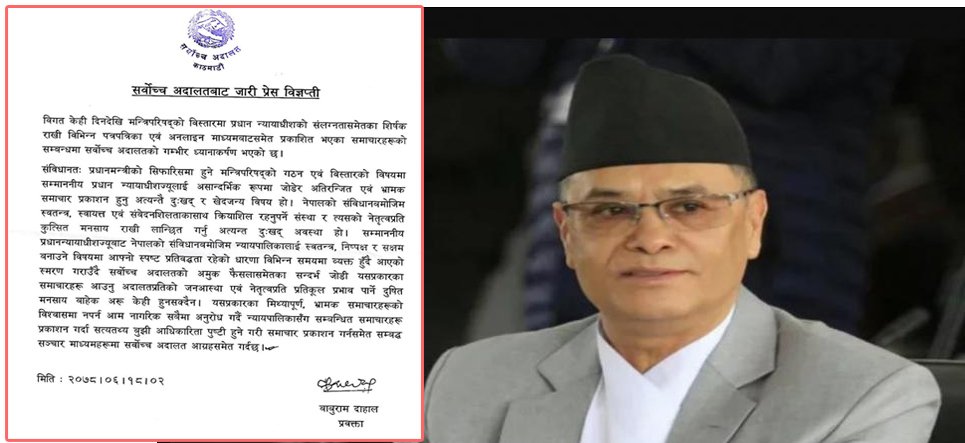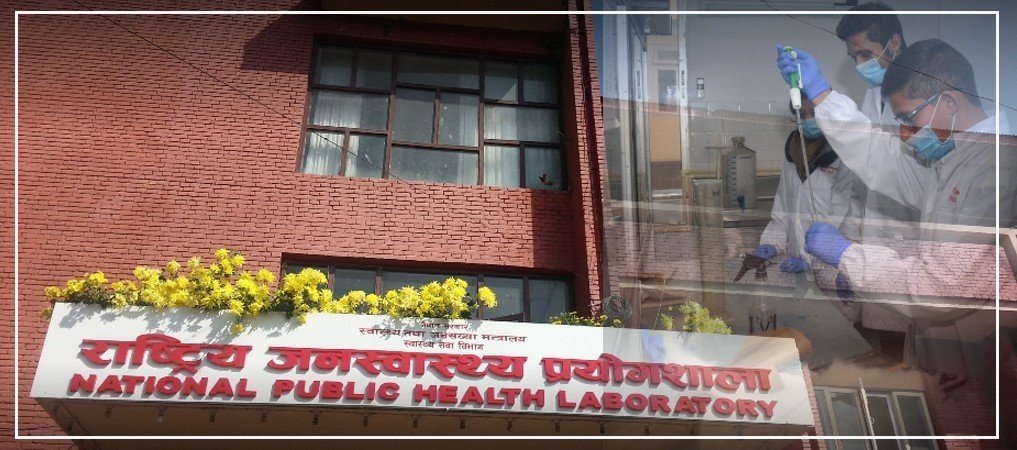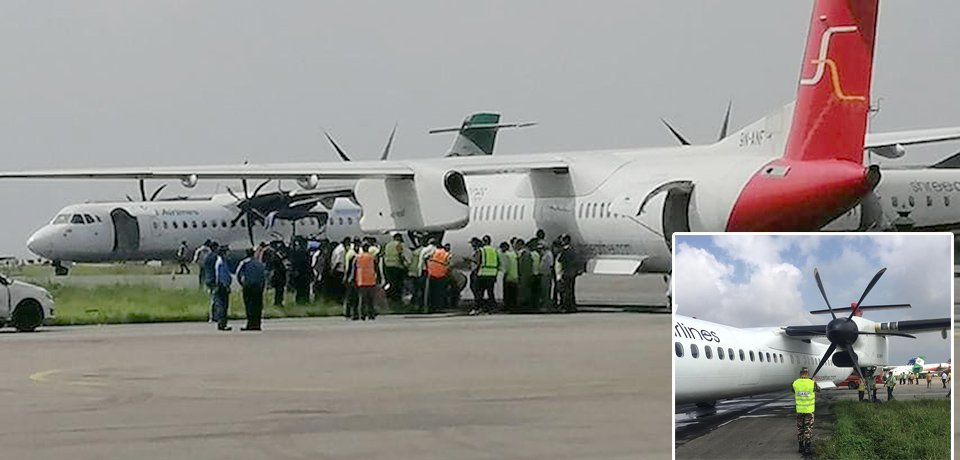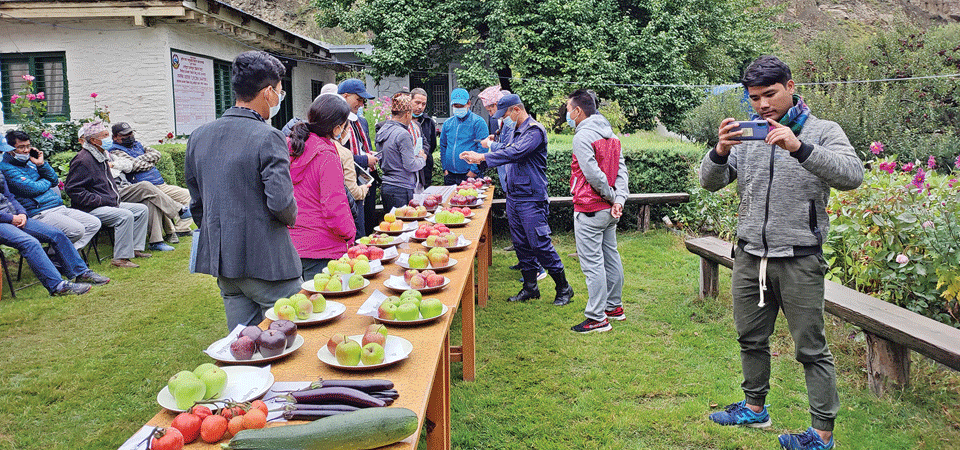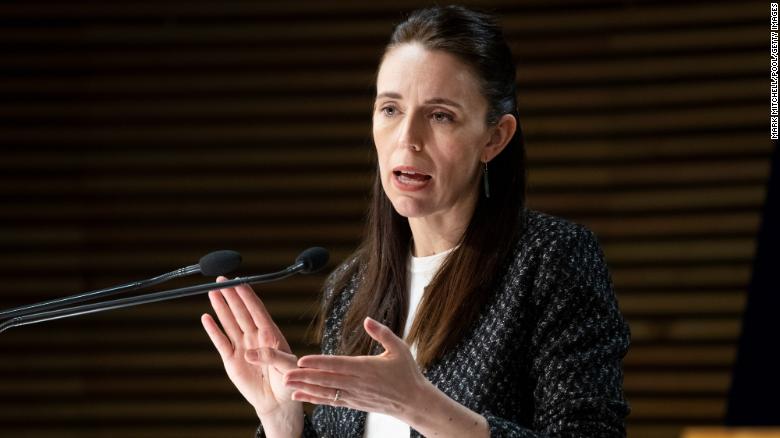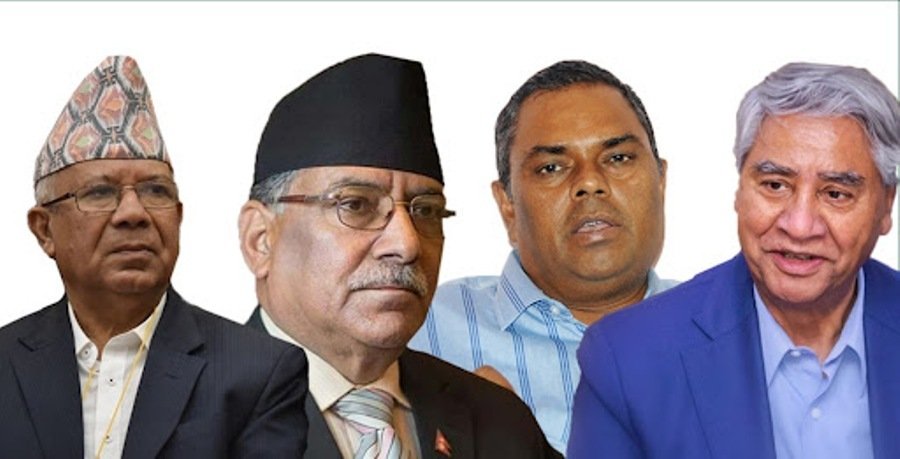Nepali Congress Emerges Stronger
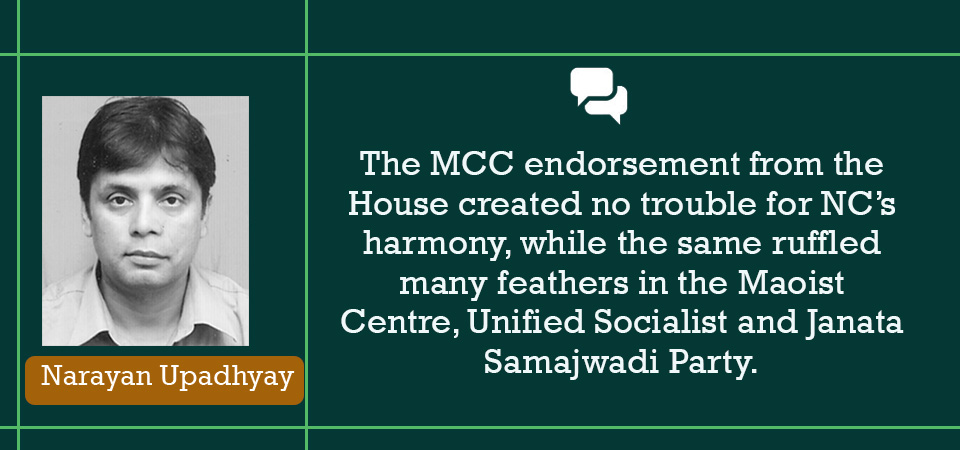
Narayan Upadhyay
Owing to the perseverance and efficient leadership of Prime Minister Sher Bahadur Deuba, the sovereign parliament ratified the much-hyped MCC Nepal Compact that had earlier polarised public opinion. PM Deuba, however, could not have taken the much-vilified US grant agreement to its logical conclusion, had his party, the Nepali Congress (NC), not thrown its full weight behind him.
NC leaders and lawmakers, who had an opposing view on the compact's approval during preceding months and years, rallied behind the PM in the face of fierce resistance from major alliance partners and others.
Owing to solidarity in the NC, a resolute posture from the PM, and evolving political equation, the key partners, the CPN-Maoist Centre and CPN-Unified Socialist came forward to back the MCC by relinquishing their earlier stand. The NC and the Prime Minister’s strong stance compelled the opposition party, UML, to buckle under moral pressure. It upheld the compact's endorsement by not raising its voice against its authorisation in the House. One may recall that the UML-led government was the one that had first registered the pact at the parliament for its approval.
Courageous stance
For his courageous stance on getting the MCC confirmed, the PM earned praise from the USA, and Western democratic nations, institutions, world bodies like the World Bank and the country's business community. They hailed the PM and the government for showing competence in getting the House’s approval for the US grant, which has ended all chaos and misgivings, at least for now.
After the success of obtaining the parliament’s affirmation to the pact, the spotlight has once again fallen on PM Deuba, who remains in the thick of things whenever our nation runs through some kind of disturbance.
When the then PM, KP Sharma Oli, dissolved the Lower House of parliament twice, the rival parties urged NC president Deuba to take up the reins of the government, which he did. Seven months after assuming office, Deuba took the MCC towards its safe landing by treading the troubled path cautiously. Even after threatening to sever the ruling alliance over the grant's authorisation, he retained the coalition unharmed, much to the delight of two communist parties - the Maoist Centre and the Unified Socialist.
The MCC endorsement from the House created no trouble for NC’s harmony, while the same ruffled many feathers in the Maoist Centre, Unified Socialist and Janata Samajwadi Party. The MC stared at the rupture after some senior leaders assailed the party's approval of the compact. After the House mandate for the US grant under its tutelage, the ruling NC has emerged stronger. Many NC leaders are buoyed by the idea and are talking about going to three-tier elections as early as possible. They have hoped that the party can garner the majority riding on the recent success of the MCC endorsement, owing to its edge over others as the leading ruling party, and due to the widening rivalry between the communist parties and Madhes-centric parties.
The existing political scenario has offered an advantage to the NC for winning upcoming polls. However, if the NC commits mistakes in assigning party tickets for its candidates, it may not gain as many seats as it has expected. The party leadership must keep his party in order before competing in the three-tier elections. At present, senior leaders have made differing voices over how the party should contest elections. Similarly, leaders like Shekhar Koirala, Ram Chandra Paudel, Krishna Sitaula and a few others are likely to pitch for party tickets for their backers to vie for as many seats as possible.
The party president requires focusing on and addressing some of these demands to safeguard the party's chances of securing a majority. Any ineptness to resolve senior leaders' urges may turn out detrimental to the party's poll prospects. In the past, dissatisfied leaders had engaged in sabotaging the party candidates' prospects of achieving success in coming polls.
Besides addressing the senior leaders' demands, the NC leadership must consolidate its organisational fabric by revitalising the party's sister and well-wishing bodies such as Nepal Students' Union, Nepal Tarun Dal and Nepal Women's Association and several others to give the NC an edge over its rivals. Many sister and affiliated institutions have languished wanting leadership and executive bodies.
Members representing these bodies can play key roles as foot soldiers in leading the party's candidates towards victory. The party must engage in training and educating its workers to apprise them about the party's principles and plans in the nation's polity. Providing training to party workers keeps them abreast of all the party's strategies, policies and programmes taken as per shifting political plots that heighten the party's chance to win elections.
Poll alliance
In the meantime, while preparing party organisations and workers for upcoming elections, Congress leaders appear to be divided concerning whether the party should form an electoral alliance with its allies in the government. One set of leaders has said the party should contest all elections without forging an alliance, while the other is supporting the idea of forging an electoral alliance. The Maoist Centre, the Unified Socialist and Janata Samajbadi Party have expressed that they would be happy to have a poll alliance among the ruling parties.
Given the support these allies have pitched behind the Congress president in his nomination and appointment as Prime Minister and their backing for ratifying the tricky MCC pact, the Nepali Congress should forge a poll alliance so that the partners can win majority of seats to form next government under its leadership. There is every chance the Maoist Centre and Unified Socialist, the key allies of PM Deuba, may not fare well in the polls owing to their split from the NCP and deepening rivalry with the UML. The NC must not leave these parties in the lurch and assist in keeping them afloat.
(Upadhyay is Managing Editor at The Rising Nepal. nara.upadhyay@gmail.com)
Recent News

Do not make expressions casting dout on election: EC
14 Apr, 2022
CM Bhatta says may New Year 2079 BS inspire positive thinking
14 Apr, 2022
Three new cases, 44 recoveries in 24 hours
14 Apr, 2022
689 climbers of 84 teams so far acquire permits for climbing various peaks this spring season
14 Apr, 2022
How the rising cost of living crisis is impacting Nepal
14 Apr, 2022
US military confirms an interstellar meteor collided with Earth
14 Apr, 2022
Valneva Covid vaccine approved for use in UK
14 Apr, 2022
Chair Prachanda highlights need of unity among Maoist, Communist forces
14 Apr, 2022
Ranbir Kapoor and Alia Bhatt: Bollywood toasts star couple on wedding
14 Apr, 2022
President Bhandari confers decorations (Photo Feature)
14 Apr, 2022



